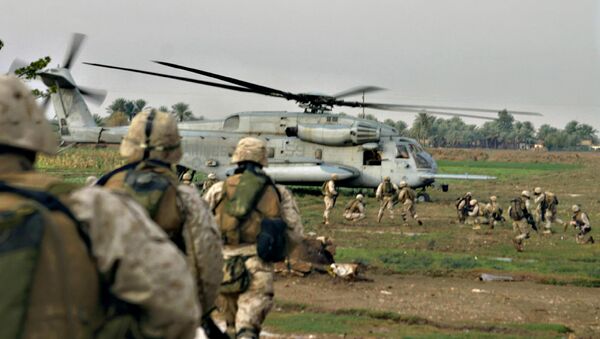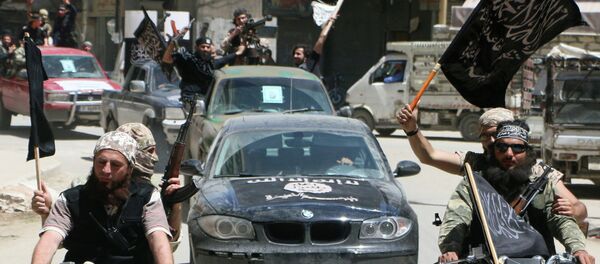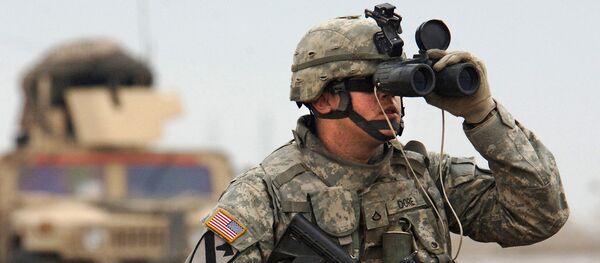Washington's allies in Europe and the Middle East do not demonstrate much enthusiasm about providing more troops for the ongoing campaign aimed against Daesh.
"It is quite rational and unsurprising for other countries to behave as they have on this issue," Pillar writes in his article for The National Interest.
He cites American journalist David Ignatius, who remarked brilliantly in his recent piece for The Washington Post: "Most players still want to hold America's coat while the United States does the bulk of the fighting."
But what are Washington's Middle Eastern allies so busy with?
In light of this the question arises: what really constitutes US leadership?
"Too often what is labeled as leadership is really more like followership, in that it gets measured in terms of what other, coat-holding governments would like the United States to do," Pillar notes.
To illustrate his statement the CIA veteran provided an example of leadership in corporations and other organizations.
"In those places, for the boss to do everything himself or herself is not seen as leadership but rather as a sign of inability to exercise leadership," he underscores.
"I have personally reached out to the ministers of defense in over 40 countries around the world to ask them to contribute to enhancing the fight against ISIL [Daesh] — more special operations forces, more strike and reconnaissance aircraft, weapons and munitions, training assistance, as well as combat support and combat service support," US Secretary of Defense Ashton Carter said last week as quoted by The New York Times.
"Maybe Secretary Carter is not demonstrating effective leadership in his failure to get other countries to contribute more in fighting ISIS [Daesh], or maybe the interests of those countries just make it difficult for even the most skillful leader to make much headway on that front," Pillar emphasizes.
"The United States has less reason to feel threatened than do many other countries, including the coat-holders," the CIA veteran adds.




